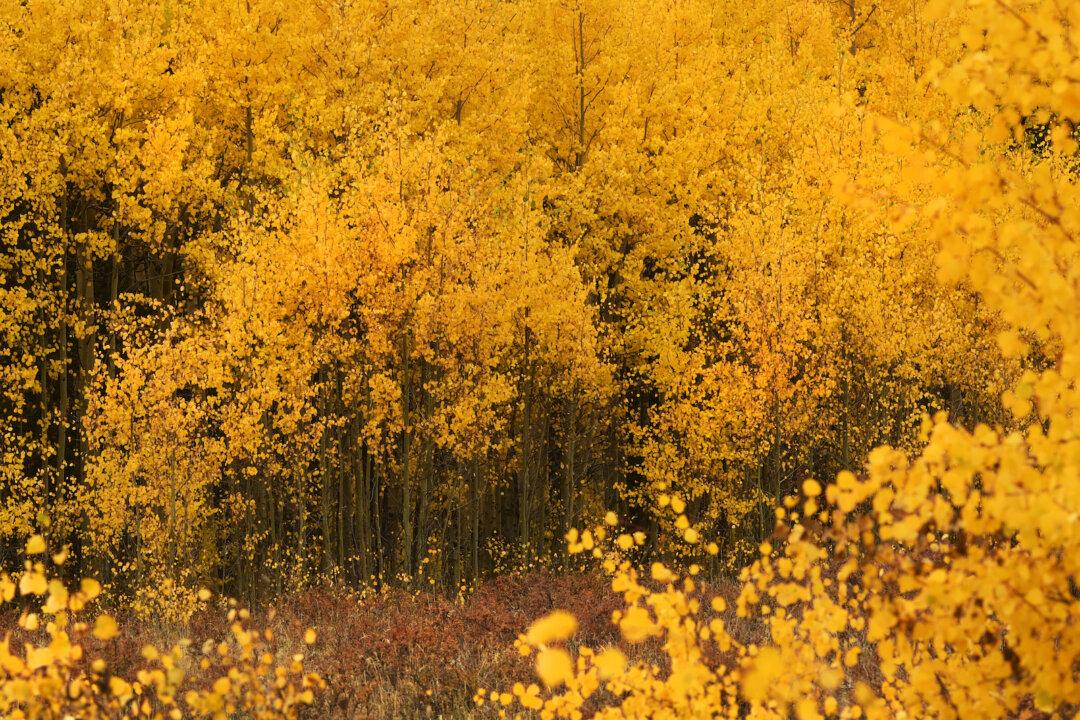John Meyer The Denver Post (TNS)
DENVER—Colorado’s aspen stands are thriving, and that bodes well for fabulous leaf-peeping this fall, according to one of the state’s leading forestry experts.

John Meyer The Denver Post (TNS)
DENVER—Colorado’s aspen stands are thriving, and that bodes well for fabulous leaf-peeping this fall, according to one of the state’s leading forestry experts.